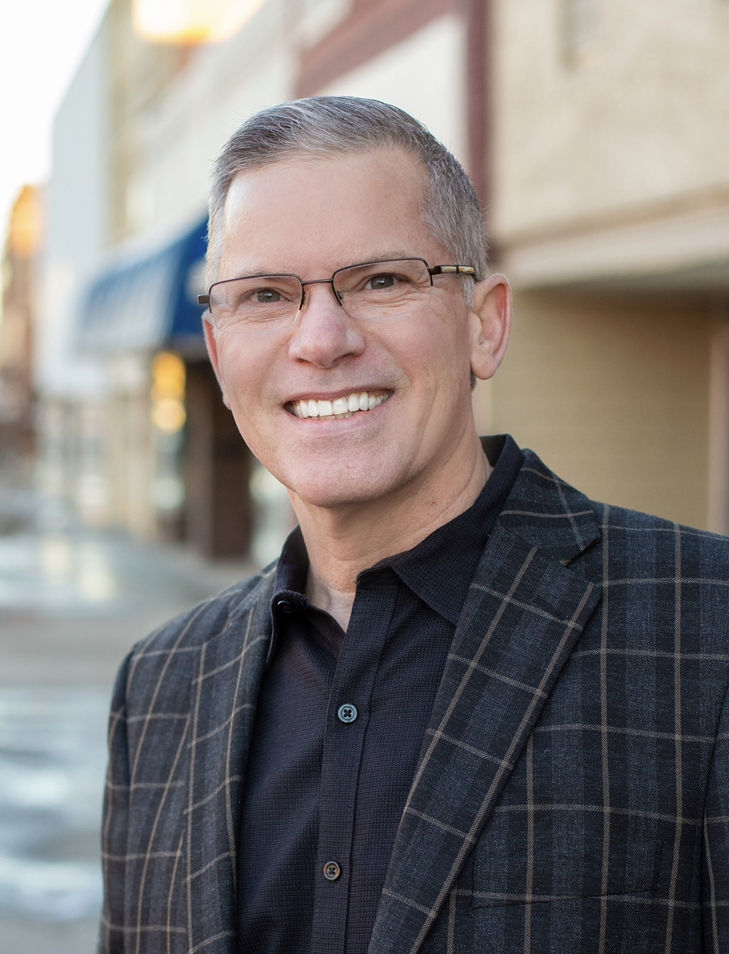
We want our churches to be places of fruitful ministry for pastors and safety for sexual abuse survivors. May we protect and help them heal better than we have.
By Mark Dance
All Christians want our churches to be safe places for sexual abuse survivors and fruitful ministry for pastors and leaders. Member care and pastor care are not mutually exclusive, so I want to suggest a few ways to protect your faith family.
“Be on guard for yourselves and for all the flock of which the Holy Spirit has appointed you as overseers, to shepherd the church of God, which he purchased with his own blood” (Acts 20:28 CSB).
I’ve been a Southern Baptist (SBC) pastor for 35 years and was one of the thousands of SBC messengers in Nashville last June who initiated the Sexual Abuse Task Force (SATF) investigation and report. This was a painful but important step toward protecting both church members and ministers from predators. But there’s much work yet to be done. Here are some practical ways any church can better protect both their people and their pastors from sexual predators.
As a pastor, your job is to find sexual abuse survivors the help they need, not to always be the help they need. — @MarkDance Click To TweetHow can we better protect our people?
As pastors, we’re shepherds called to love, feed, and protect our sheep. We have all seen pastoral peers, and even our heroes, stutter or stumble in their roles as shepherds. Now is a good time for pastors both inside and outside the SBC to assess how they’re protecting their people and to implement improvements. Here are some ideas:
1. Listen compassionately
Many pastors are better at talking than listening, so listen carefully and compassionately to sexual abuse survivors before weighing in.
2. Take reports of any abuse seriously by following up promptly
When you listen, there will be a necessary response. Don’t wait. Show your care by offering a timely response.
3. Avoid the confidentiality trap
Refuse to write a blank check of confidentiality, because you’re bound by both the laws of God and man to report criminal behavior.
4. Protect your church from predators by setting up clear boundaries
Establish a fear of crossing the line among those who may seek to take advantage of lax guidelines.
5. Deploy a team to create prevention strategies
Local police will gladly help you assess your current facilities and make it less of a soft target for criminals. Implement security team training in your church.
You can expect the newly formed SBC Abuse Reform Implementation Task Force will be recommending resources to churches throughout the year.
6. Curate a list of local, Christian counselors for sex abuse survivors
Your job is to find them the help they need, not to always be the help they need.
How can we protect our pastors?
It’s important for us to care for the caregivers who are on the front lines of ministry. Every local church, denomination, and network should have clear policies in place which protect both the sheep and the shepherds from sin, scandal, and harm.
Every local church, denomination, and network should have clear policies in place which protect both the sheep and the shepherds from sin, scandal, and harm. — @MarkDance Click To TweetWe all need people outside our ministry to protect us from ourselves by holding us accountable for our actions. We also need people to protect us from predators who seek to hijack our integrity, family, and ministry. Innocent pastors don’t need to live in fear of being falsely accused any more than innocent survivors need to live in fear of being abused or ignored.
Pastor, here are a few practical ways to protect yourself and other pastors in your ministry:
1. Ask a small group to hold you accountable
Regardless of whether you prefer elders, deacons, or both, you need leaders who love you enough to protect you from yourself. Is there anyone—besides your spouse—who’s protecting you from you? All pastors have within themselves the ability to sin, so we need to reject all pseudo-accountability models and embrace life-on-life, biblical accountability.
2. Give yourself permission to grieve
Most of my SBC friends are both angry and grieved over how our collective sins have affected survivors over the years. Anger and grief are often appropriate and healthy, but they can also become traps we get stuck in. The next time you share the gospel, remind yourself of the gospel too.
3. Recharge this summer
Sometimes the best way to recharge is to go into “airplane mode.” I usually take a month-long social media fast in July. Most of my pastor peers are showing signs of ministry fatigue, which is not surprising after these last two years of politics, protests, and a pandemic. Sabbath means “to stop.” When’s the last time you stopped for an extended period? Mistakes are often made when we are fatigued or burnt out.
When’s the last time you stopped for an extended period? Mistakes are often made when we are fatigued or burnt out. — @MarkDance Click To TweetMay God give us all the compassion to protect and help sexual abuse survivors heal in our churches better than we have. May God give us the courage to make whatever changes are needed to make our churches the safest place in town. And may God give us His grace, both for ourselves and others, when we fail to shepherd our members, our family, or ourselves well.

Mark Dance
After serving as a pastor for 27 years, Mark Dance is now the director of pastoral wellness for GuideStone Financial Resources and is the author of Start to Finish.







